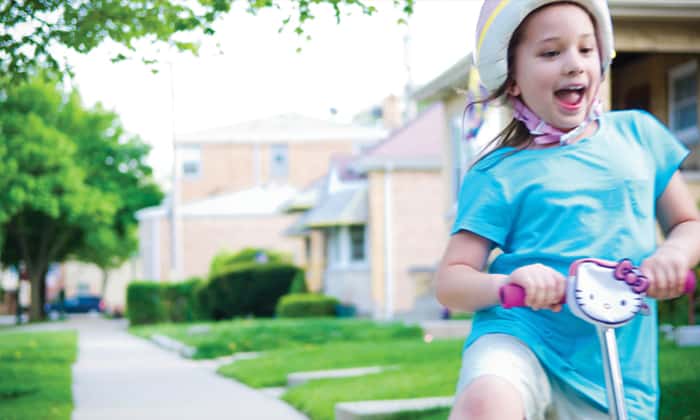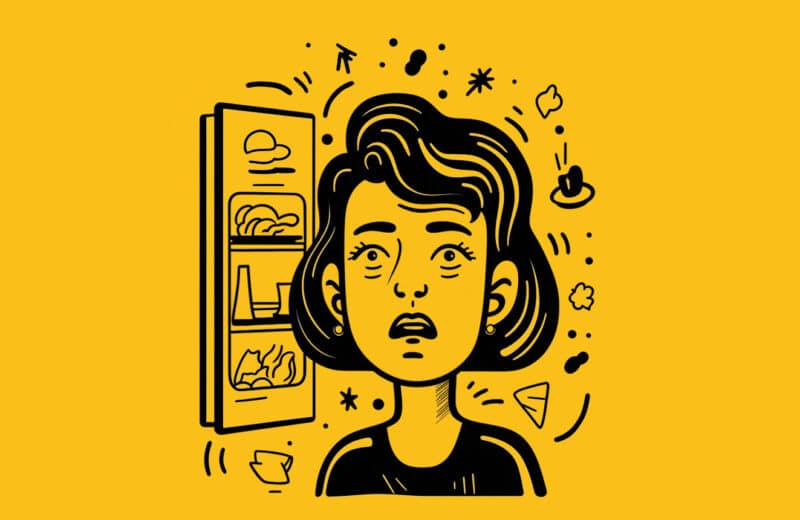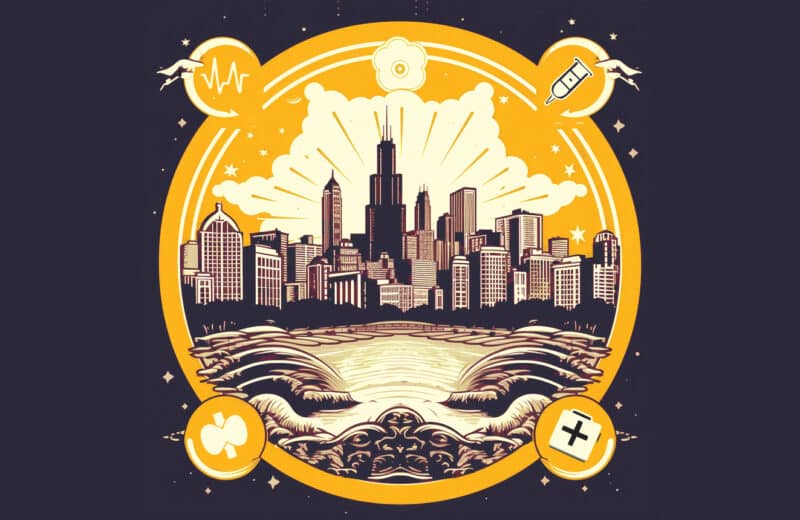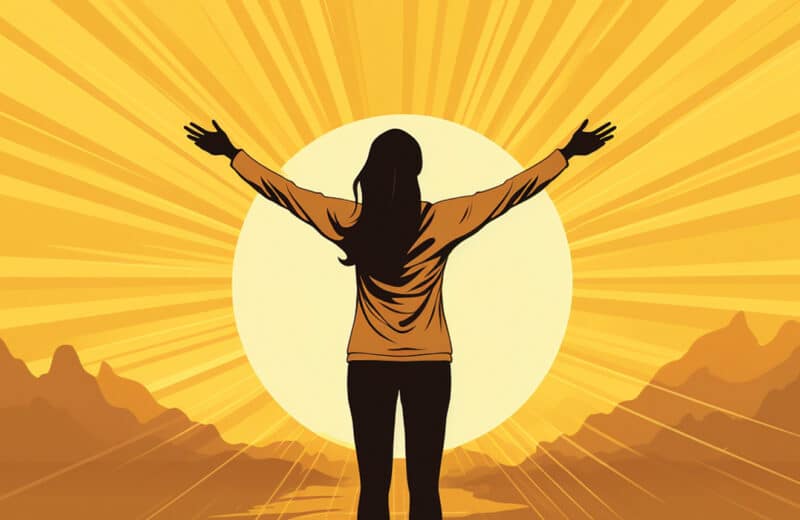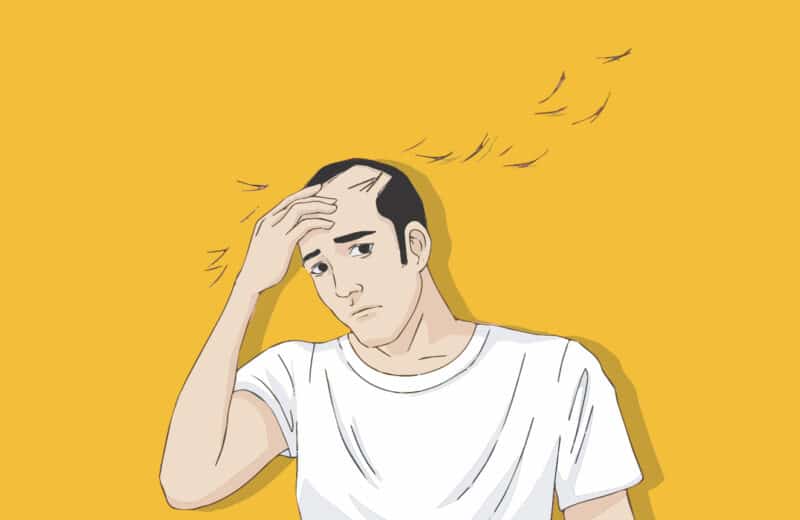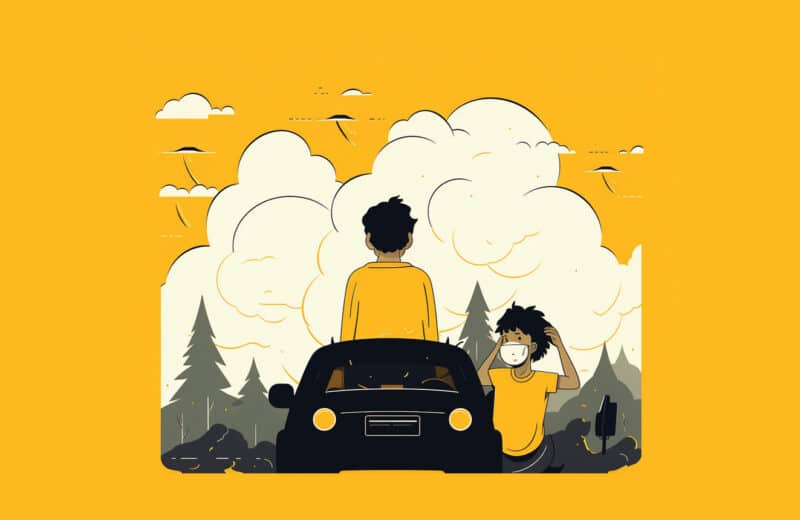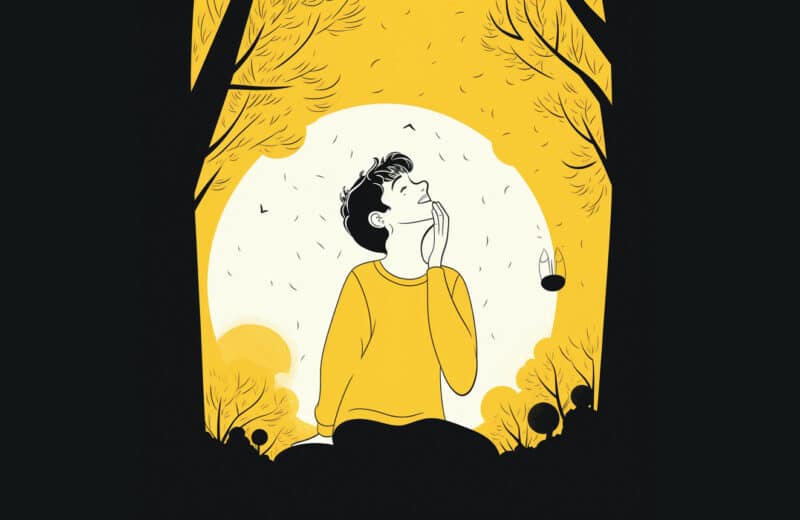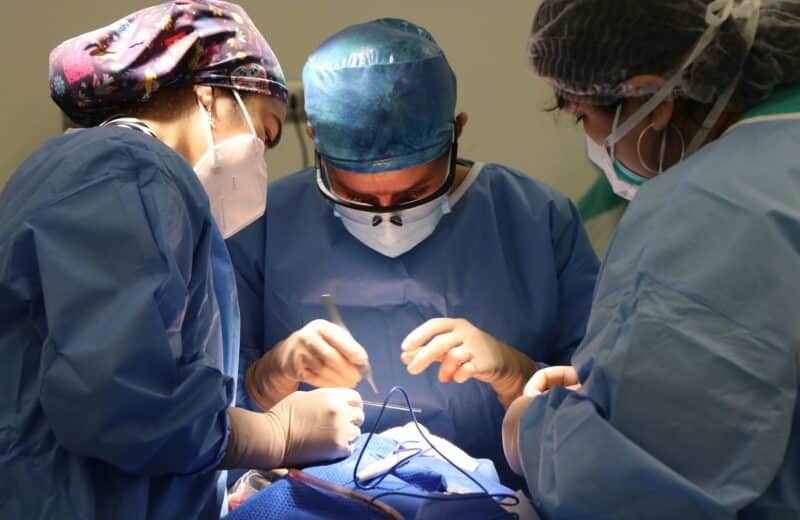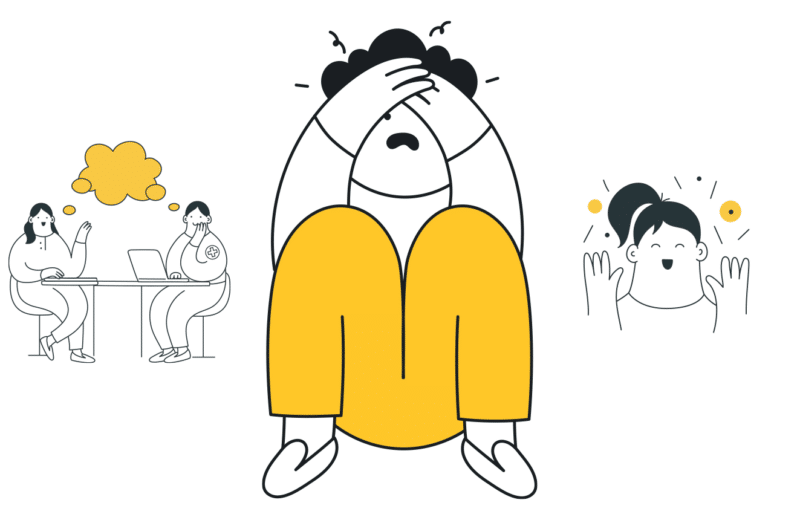 By David Himmel
By David Himmel
Above photo: Abigail Mendoza. Photo by Angela Garbot
It’s been almost three years since I was diagnosed with skin cancer. It was basal cell carcinoma, the best kind of skin cancer you can get. It grows slowly and isn’t designed to kill, only maim if left untreated for too long. I was aware of the small red patch of bumpy skin on my face for years. If I’d had it looked at sooner, I could have avoided the extensive surgery required to remove the tendriled tumor and the subsequent plastic surgery to piece my face back together.
That said, I am not a cancer survivor. My cancer didn’t put me at risk of death. But I did experience the diagnosis; the knowledge that my body was crumbling, eating itself alive. I’m lucky. My diagnosis could have been worse. I could have had a more dangerous kind of skin cancer. Or the damage underneath my skin could have rendered me without my nasal cavities, which would have helped with my allergies but would not have been worth it in the long run. My cancer left me with a scar on my face that is noticeable only in certain light and mostly only by me. It also left me a nagging proponent of sun protection. It’s what my wife and I fight about the most.
I don’t ask my wife to always wear hats or long sleeves when we’re boating on the lake or drinking cold beers on warm patios. But I am always reminding her to apply sunscreen (broad spectrum, a minimum of SPF 30) to her face, ears, neck and hands each morning and then again every two hours, despite how warm or bright it is (or isn’t) outside. I even nag her in winter. And like any reasonable wife, mine gets tired of hearing her husband nag.
But I don’t want my wife to experience what I experienced—the fear, the pain of surgery and recovery. And I certainly don’t want her to end up with a cancer worse than mine. The scar on my face notwithstanding, having cancer left me a changed man. Others who truly survived the diagnosis, treatment and recovery remain changed, too.
“I’m afraid of getting sick again,” says Dan Olas, who was 37 when he was diagnosed with stage 4 colon cancer, which metastasized in his liver. He was given a 12 percent chance of living another five years. But Olas survived. It’s been 10 years since his last chemo treatment. His routine tests come back clean. Still, the fear remains.
“I’m hypersensitive to how I feel. I know what it’s like to feel crummy. When I was going through my diagnosis, things didn’t look good. There were times I’d do things and think, ‘This is the last time I’m going to do this,’” he says.
For others, surviving cancer is the way it’s always been. Like 13-year-old Abigail Mendoza. She was 31/2 years old when she was diagnosed with stage 4 neuroblastoma. I reported on the Mendoza family and their experience with Abigail’s illness in this magazine in 2011, three years after she became cancer-free.
“Growing up with scans, tests, doctor appointments and blood draws is completely common and natural because she doesn’t remember a time without it,” says Abigail’s mother, Judy Mendoza.
Like everyone struck with cancer, the effects are there. Abigail has some hearing loss and cognitive issues, which her mother says are “her normal.” So, too, is losing friends—her old hospital buddies—to the disease. Like the friend who died in March 2016 after a third struggle with cancer. Young Abigail may not have the fear of sickness like Olas or of a greater threat invading like I do, but her mother does.
“Internally, I struggle with it always, and I try to never let fears of the future take hold,” Mendoza says.
Sickness can spark empathy and inspire action. Olas has served on the associate board of Gilda’s Club Chicago, the organization he credits for getting him through his diagnosis. Judy Mendoza sits on the board of the American Childhood Cancer Organization (ACCO). She also speaks with neuroblastoma families and makes herself available to them at any time for any reason. And Abigail is an expert fundraiser, raising almost $12,000 for the ACCO at her five-year survivor party, with another fundraiser planned for her 10-year party. In 2014, after six years of growing her hair, the once-bald little girl with cancer donated her tresses to Locks of Love.
Surviving cancer—even experiencing cancer in your body—changes more than your cells. It changes your spirit. It’s not something Olas or the Mendozas wear as a proud badge of honor. It’s not a part of everyday conversation. But it is a part of their everyday.
There’s the idiom: “What doesn’t kill you, makes you stronger.” I don’t buy that. But in the case of cancer survivors—and even people like me and those who took care of us while we were recovering—what didn’t kill us makes us capable of feeling immense fear while always trying to live an immense life.
David Himmel is the former editor in chief of Chicago Health. He is an associate board member of Gilda’s Club Chicago and lives in Wicker Park with a dog and a wife. davidhimmel.com

